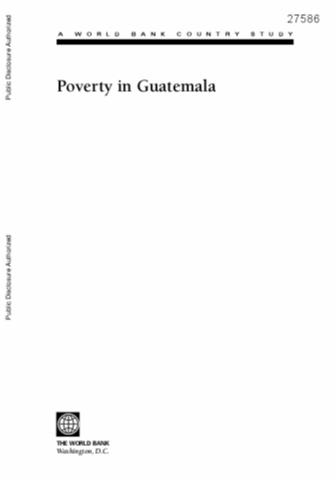Collective action and property rights for sustainable development
Institutions of collective action and systems of property rights shape how people use natural resources, and these patterns of use in turn affect the outcomes of people’s agricultural production systems. Together, mechanisms of collective action and property rights define the incentives people face for undertaking sustainable and productive management strategies, and they affect the level and distribution of benefits from natural resources.









